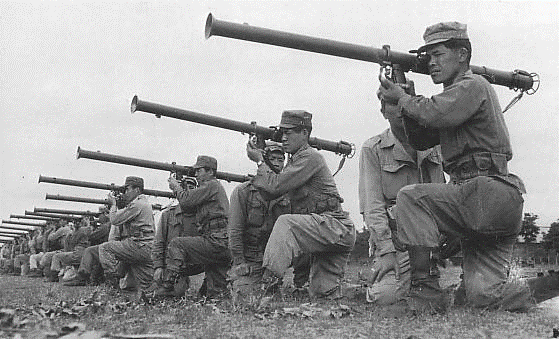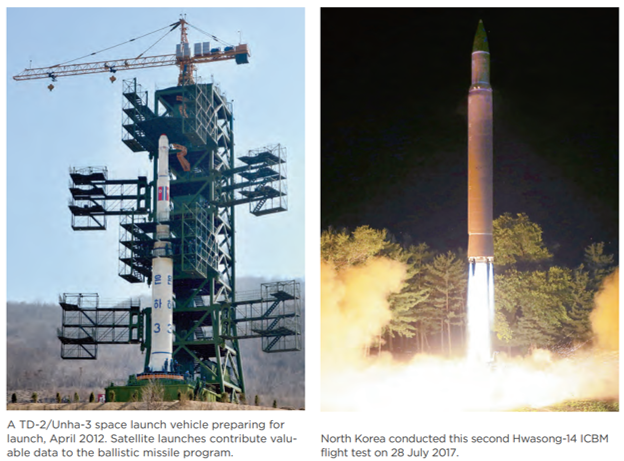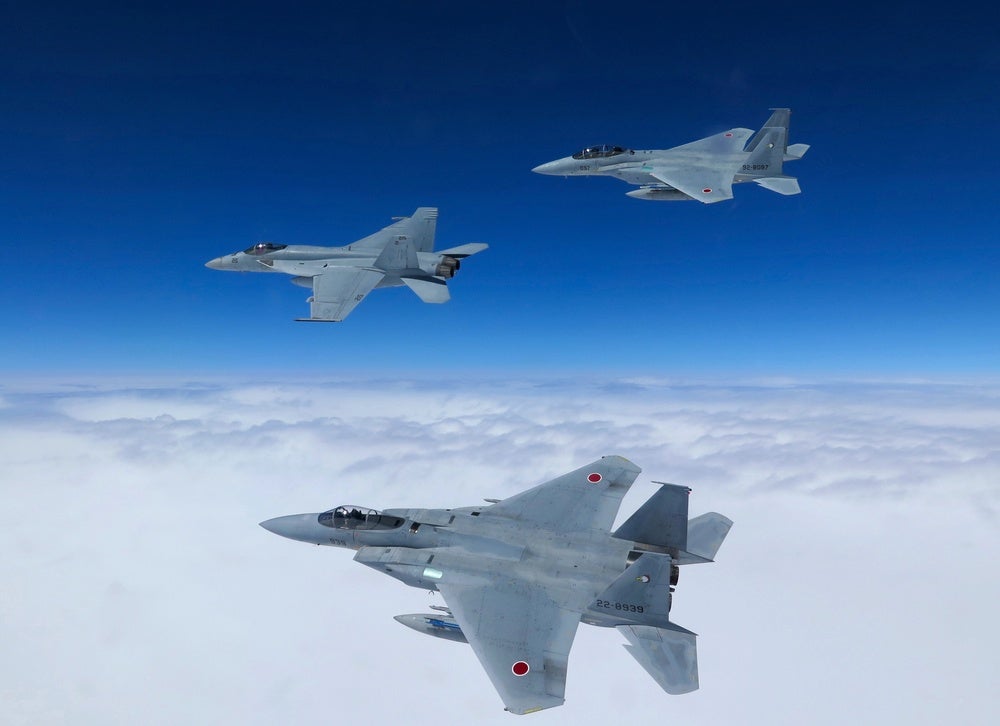Japanese Defense Minister Says Japan Has the Right to Preemptively Strike Overseas Bases
Speaking before a budget panel of Japan’s House of Representatives, Japanese defense minister Nobuo Kishi said that a preemptive strike against an enemy base on foreign land is a military option available to Japan. However, Kishi highlighted that such an action would only be carried out as a last resort to protect Japan and with minimum necessary force. Later, in a press conference, Chief Cabinet Secretary Hirokazu Matsuno added that: “no option will be ruled out as long as it falls within the scope of the constitution and international law”.
The statement comes amidst a push by the government to revise Japan’s Pacifist Constitution which states that “land, sea, and air forces, as well as other war potential, will never be maintained”. Since the creation of the Self Defense Force (SDF) in 1954, Japan’s government had reinterpreted this clause to mean that war potential is anything beyond the minimum necessary force for self-defense. Naturally, there is little support for this interpretation by constitutional scholars as the government had initially agreed in 1947 that even national-level self defense is unconstitutional. Moreover, the idea of “minimum necessary force” is rather vague and impossible to quantify.

Nevertheless, Japan’s supreme court (which rarely passes judgement on highly political matters) has declined to declare the SDF as unconstitutional. Hence, while the constitution remains unchanged, the government has steadily changed its interpretation of the limits of what the SDF can do. Before the Abe administration, the idea that the SDF could be deployed abroad for “collective self-defense” was out of the question. Now, Kishi’s latest statements on preemptive strikes show a steadily expanding range for “acceptable” SDF activities.
Constitutional revision, which would be the first in Japan’s postwar history, would likely see the SDF be written into the constitution and put questions regarding its legality to rest. As the ruling LDP performed better than expected in Japan’s 2021 October elections and it was the right-wing opposition which made the most significant gains (going from 11 to 41 seats), the conservatives’ long-held wish for constitutional revision is increasingly likely to become a reality. Before the elections in October Kishida’s party pledged to boost defense spending by around $100 billion. However, in his quest for constitutional revisions, Prime Minister Fumio Kishida must be wary of the upcoming upper house elections scheduled for this summer as the House of Councilors has traditionally been more liberal than the lower house.
The latest statements echo comments Kishida made in an earlier speech to members of the SDF at Asaka base, in November 2021. The Prime Minister noted his concerns about both China and North Korea, saying: “we will study all options necessary to bolster our defensive capabilities, including the ability to execute a preemptive strike against enemy bases.”

The most recent statements by the defense minister were also likely made with North Korea in mind, as Pyongyang has recently stepped up its strategic missile program. 2022 has already seen seven launches conducted by the DPRK.
Header: (Feb. 24, 2015) An F/A-18E (left) of the “Royal Maces” of Strike Fighter Squadron (VFA) 27 flies in formation with two Japan Air Self-Defense Force F-15J Eagles during a dissimilar air combat training near Okinawa, Japan. V(U.S. Navy photo by Cmdr. Spencer Abbot)

